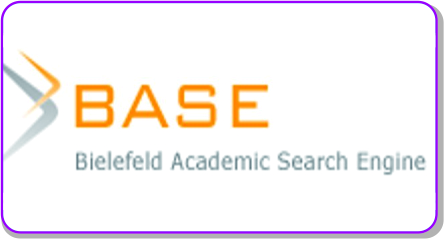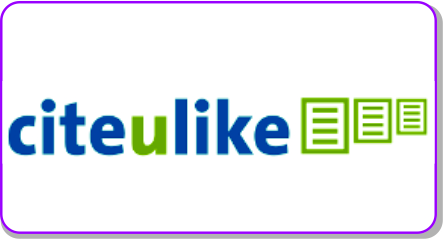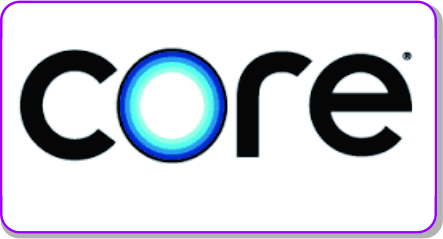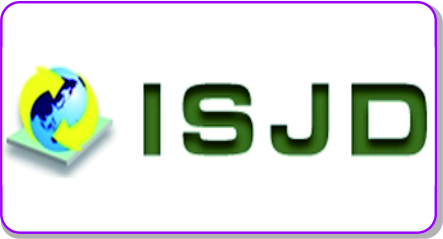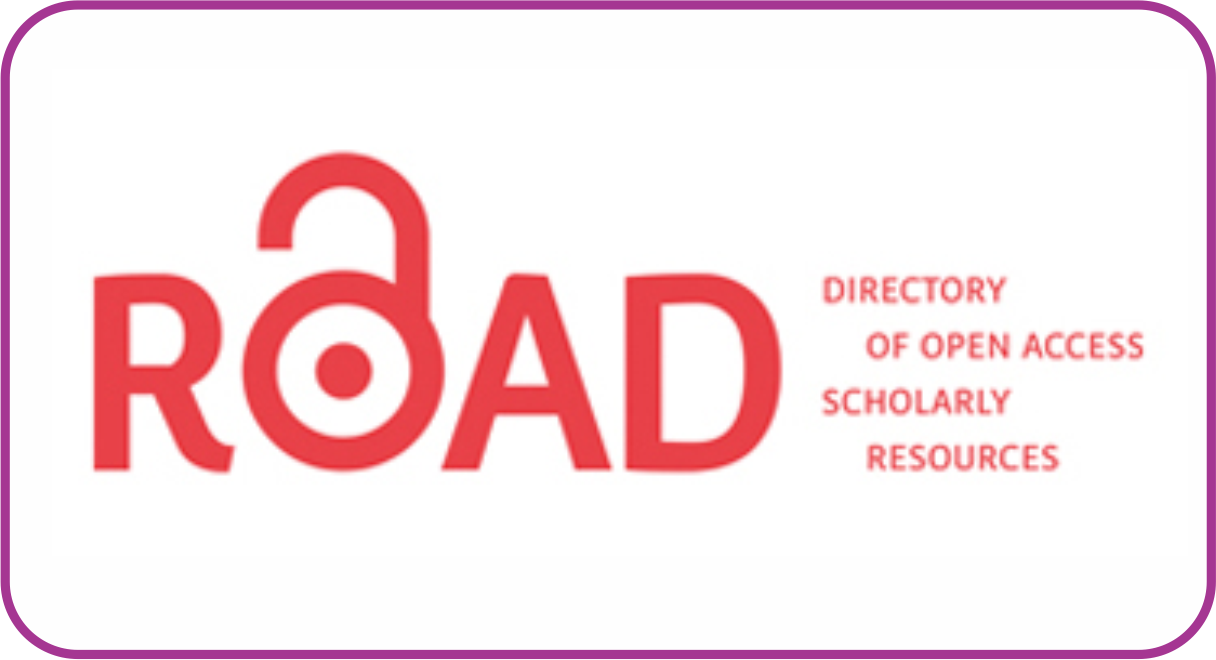METODE PROBLEM SOLVING DALAM PEMBELAJARAN PAI
DOI:
https://doi.org/10.30983/educative.v1i2.160Abstract
Abstract The learning method has a crucial position in the learning process, because practically method of learning as the application of learning objectives. Islamic education (PAI) as a subject of study should be taught and assisted with learning approaches, including problem solving method, in this article, author will attempt to discuss analysis Islamic learning paradigm that viewed from the dimension of learning with problem solving method. From this discussion the author also cite the similar and relevant passages with the problem solving principle. Then the authors look at the opinions of leaders of Islamic and the general education about problem solving teaching concept, the results of this study the author can make assumptions as conclusion that the problem solving teaching principles and methods can be applied in Islamic education learning, because the core of Islamic education learning material sourced from Al -Qur'an and Sunnah are all filled with scientific gesture that should be applied with human reasoning and should provide the appropriate solution. Therefore, problem solving methods can be considered giving learning solutions in Islamic education. Keywords: Method, Problem solving, Learning PAI.Downloads
Submitted
Accepted
Published
Issue
Section
License
Authors who publish with this journal agree to the following terms:
1. Authors retain copyright and grant the journal right of first publication with the work simultaneously licensed under a Creative Commons Attribution License that allows others to share the work with an acknowledgment of the work's authorship and initial publication in this journal.
2. Authors are able to enter into separate, additional contractual arrangements for the non-exclusive distribution of the journal's published version of the work (e.g., post it to an institutional repository or publish it in a book), with an acknowledgment of its initial publication in this journal.
3. Authors are permitted and encouraged to post their work online (e.g., in institutional repositories or on their website) prior to and during the submission process, as it can lead to productive exchanges, as well as earlier and greater citation of published work (See The Effect of Open Access).





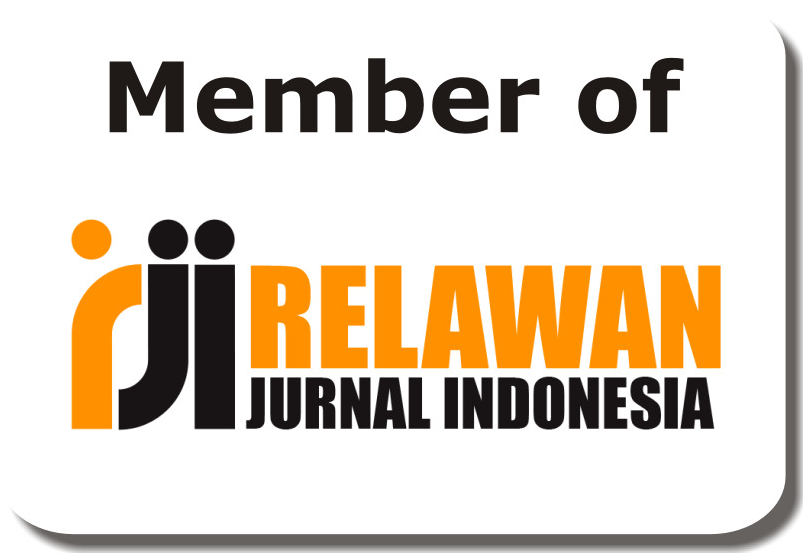


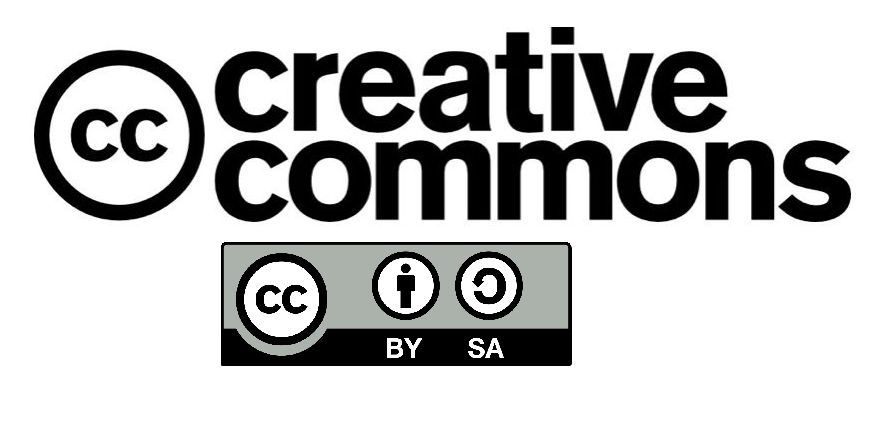


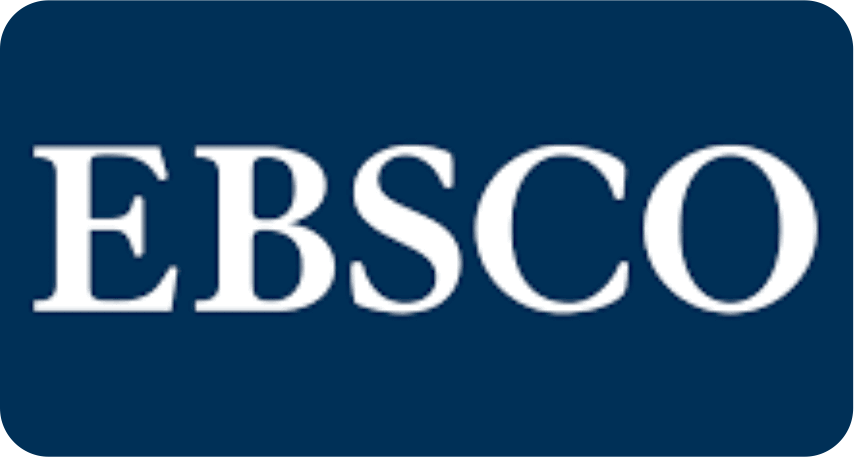






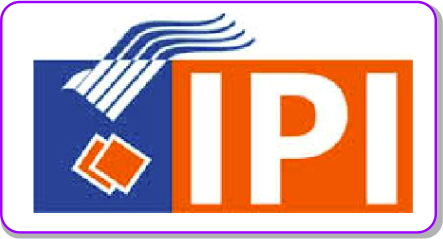 Â
 
